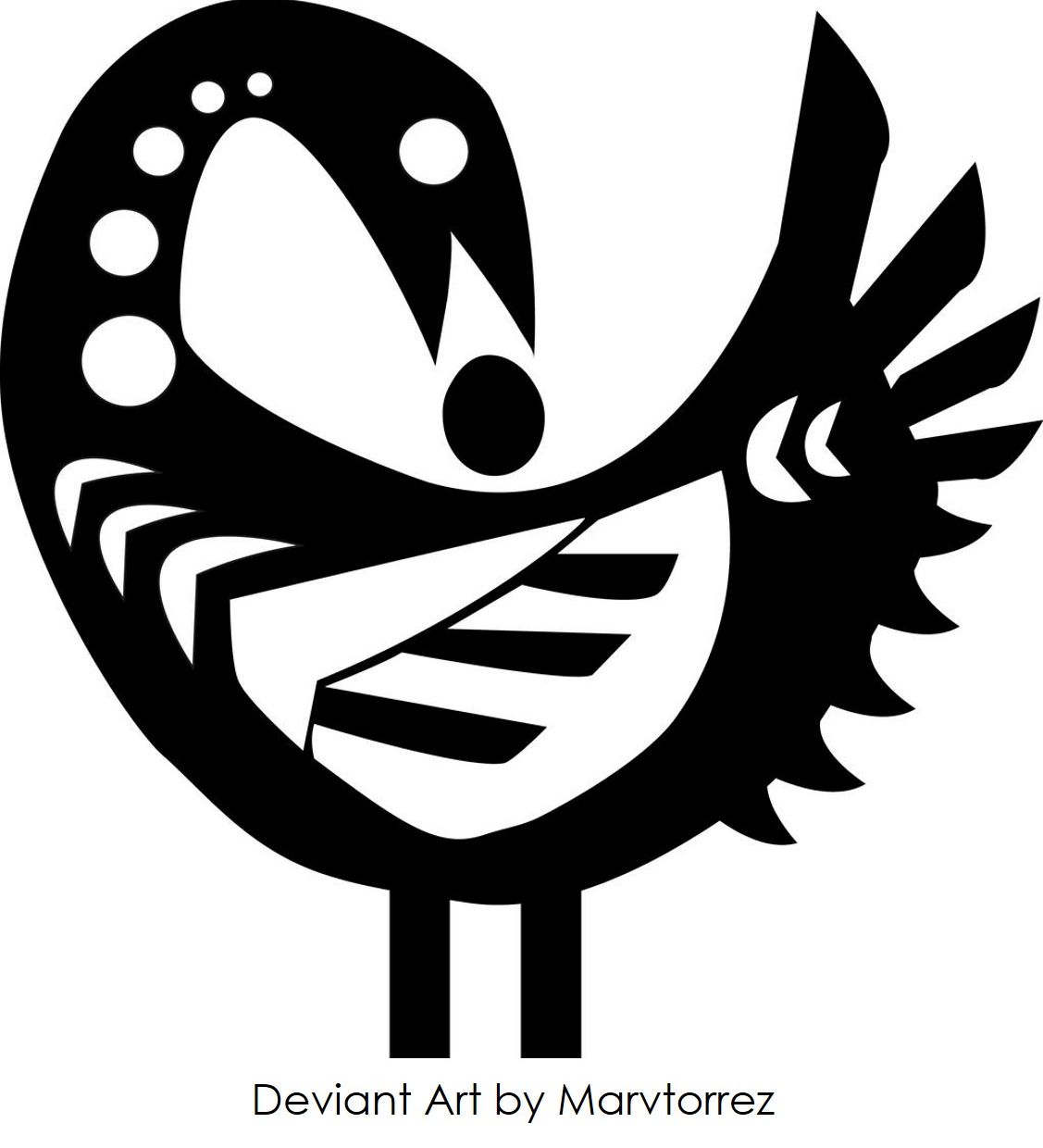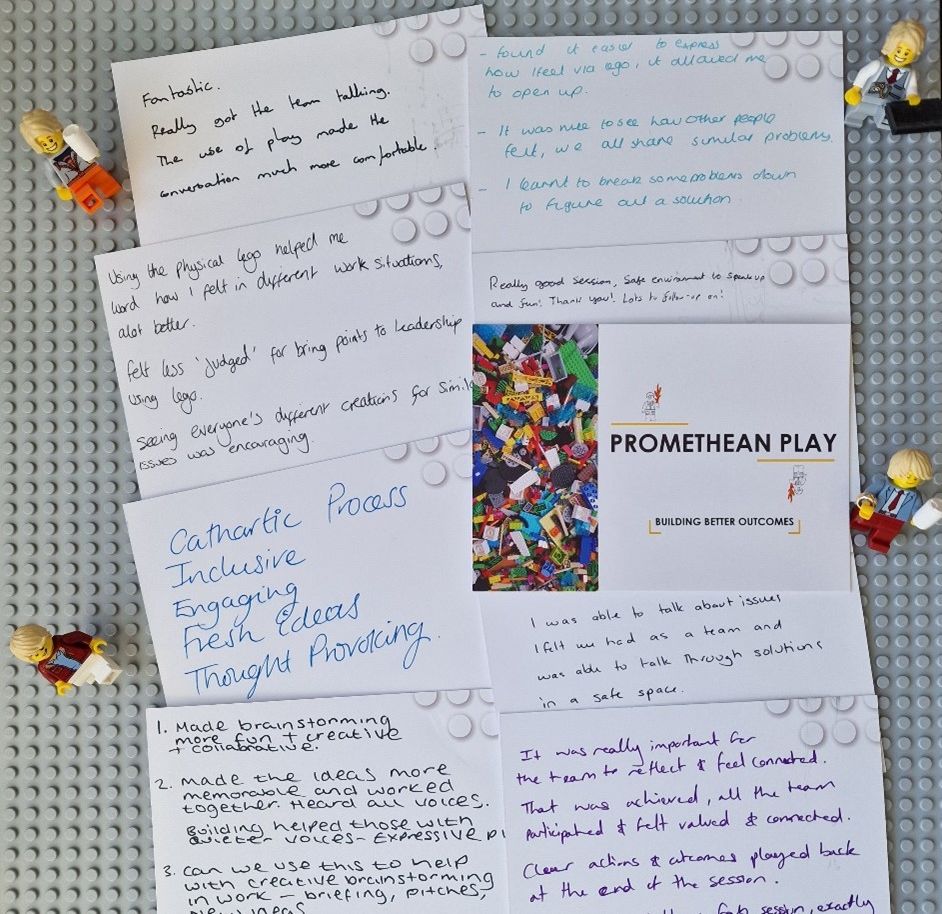[Why are we doing this] "it's not a great mission statement but we'll revise it if things get better"
Efforts and courage are not enough without purpose and direction. John F Kennedy
When considering purpose, J.R.R. Tolkien’s Lord of the Rings comes to mind. A quest. A master narrative. A reason so strong that results in difference of thought, opinion, history, looks, and more being set aside to fight for a common goal.
The One ring, to control all Middle Earth, forged by Sauron, passed to Frodo Baggins, a Hobbit from the Shire. Knowing the significance of this ring Frodo unites the Elves, Dwarves, Hobbits, Ents, Wizards, Humans, Eagles (and more), to fight against evil. The consequences of not doing so would have been disastrous, motivating all to band together.

Johann Hari, in his book Lost Connections, cites a story about a Cambodian farmer who was prescribed a cow as an antidepressant. The cow gave the farmer meaningful work, he gained responsibility and purpose – after a few weeks his depression went away. Some psychologists have talked about celebrities, like Paul Gasgoine (Gazza) and his alcoholism who, when his career ended, lost purpose. Purpose is critical for survival – take a flower for example. It exists to create colourful petals, attracting insects to help them pollinate. In a fascinating book called The Secret Language of Trees, there is evidence that ‘mother’ trees support growth of undernourished trees in a forest by passing nutrients through a network of fungi.
So, what does all this have to do with organisations?
The fact is, organisations with a strong purpose, that have galvanised support from all their stakeholders, perform better. An HBR study found that business with purpose outperformed on financial goals. EY also found that having a clear purpose increases customer loyalty. Gallup show that team members feel a greater sense of belonging in purposeful organisations and a survey in the US found that employees who derive meaning from the work they do are 3 times more likely to stay in the organisation.

It makes commercial sense to pursue purpose. Many organisations started life with a clear reason for existence, but over time (and subsequent leaders), have lost their way (and their why).
A great example is the LEGO® Group. It’s a recognised brand the world over but in the early 2000’s was on the verge of bankruptcy. Although much needed to be done from a fiscal perspective, the newly appointed CEO, Jorgen Vig Knudstorp (2004-2017) set out to remind all on why the LEGO® Group existed. The word LEGO® is a combination of two Danish words “Leg” and “Godt” and roughly translates as ‘play well’ and Jorgen set out to help all realise that the organisation’s purpose was to help children learn creative problem solving (a critical skill for the workplace – see our other article on this). As part of this the team also established that their goal was not to be the biggest toymaker, rather the best. This drive for excellence guided them in decision making, organisation structure, and focus areas.
Ranjay Gulati in his book, Deep Purpose, highlights Ghanian myth, the Sankofa bird, to describe how finding purpose is often rooted within the history of the organisation. The word ‘sankofa’ translates to ‘go back and fetch it’. The bird symbolises the belief that the past serves as a guide for planning or directing the future. In his book, Gulati reflects that organisations must look to their roots to find deep purpose. If confused between purpose, vision and mission, a simple way to consider them is that vision is the picture you want to create, mission is the road map to do that, purpose is the feeling people will get.

Here are some simple questions to get the purpose conversation started:
- What is rooted in our history?
- Why do we come in to work every day (now and then)?
- How do we make others feel?
- How do we want to make others feel?
- What would be lost if we stopped doing what we do now?
- How do we want our organisation to be remembered?
If you are company of one, like Promethean Play, then also consider your personal beliefs and what motivates you as an individual – it will be like your organisation’s intent.
It’s all well and good having a purpose and being able to communicate what you stand for, but it can often result in the values and purpose being things to hide behind. They become a convenient distraction surrounding what is really going on. We’ve been an employee in those types of organisations prompting decision to make an exit!
Therefore, it is important to review all the interactions that your organisation has (internally and externally) – do they pass the ‘purpose’ smell test?
An example would be Meta (previously Facebook Inc) with a reason to exist being ‘bringing people closer every day’. Considering issues with privacy, trolling, abuse, hate and more that Meta gets criticised for, is their activity aligned to fulfilling their purpose? Meta generated nearly $115bn in ad revenue for 2021 – maybe the purpose is more about bringing people closer to advertisements every day!
There are many TED talks on this topic, but we feel Ashley M. Grice articulates it well here (10 mins), reinforcing the impact of purpose and cultural norms.

A useful exercise to help look at counterproductive activities and behaviours is the Liberating Structure, TRIZ. Take time to note all the things you would do to make sure that your organisation purpose failed to deliver value. Think about what activities could achieve the worst possible result. Then go through the list, be honest, and note the things that you are currently doing! Every time we have used this, ‘aha’ moments have resulted where people recognise that they are effectively self-harming in respect to their desired goal or focus. In Grice’s TED talk she uses an example surrounding a purpose centred on the environment, yet said company fail to even recycle the basics.
If you want to lead a purposeful organisation, then you can’t afford to be engaging in things that jeopardise it. Equally, what you accept (or not), where you place value, and the decisions that are made will contribute to a culture that is purpose driven.
As we approach a year old, we’re still testing our thinking, examining what we do and how we do it. The feedback we get helps us in this regard. One thing is for sure though – it’s purpose that keeps us focused and passionate about it all.

In Star Wars – The Last Jedi, Luke Skywalker uses all the energy he can muster (and the Force) to fight Kylo Ren. It is General Leia and Rey that conclude of this heroic last act – he had peace and purpose.
What about you?
Visit www.prometheanplay.co.uk to find out more.
